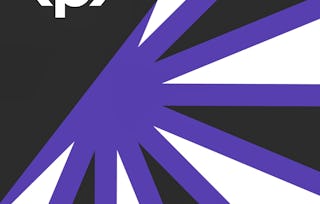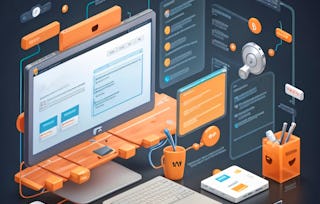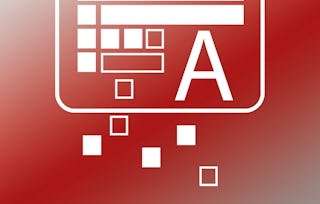Do you want to write powerful, maintainable, and testable front end applications faster and with less code? Then consider joining this course to gain skills in one of the most popular Single Page Application (SPA) frameworks today, AngularJS. Developed and backed by Google, AngularJS is a very marketable skill to acquire.

Single Page Web Applications with AngularJS
Seize the savings! Get 40% off 3 months of Coursera Plus and full access to thousands of courses.

Single Page Web Applications with AngularJS

Instructor: Yaakov Chaikin
129,078 already enrolled
Included with
1,903 reviews
Skills you'll gain
Details to know

Add to your LinkedIn profile
47 assignments
See how employees at top companies are mastering in-demand skills

There are 5 modules in this course
Instructor

Offered by
Explore more from Mobile and Web Development

Packt
 Status: Free Trial
Status: Free Trial
Why people choose Coursera for their career

Felipe M.

Jennifer J.

Larry W.

Chaitanya A.
Learner reviews
- 5 stars
90.01%
- 4 stars
7.51%
- 3 stars
0.94%
- 2 stars
0.42%
- 1 star
1.10%
Showing 3 of 1903
Reviewed on Sep 21, 2016
It gives you a very strong foundation. His explanation, and teaching methods are superb, I would be really happy if he was my teacher at university.Yaakov for president!
Reviewed on Mar 28, 2021
I loved it, the guidance and the vast knowledge shared via videos are impeccable for any noob or even a begineer to learn from this course. I am thankful for such a guidance yaakov chaikin
Reviewed on Mar 22, 2017
I highly recommend this course for web dev beginners. Compared to other online materials this course provides much deeper understanding of the technologies taught and is a good starting point.

Open new doors with Coursera Plus
Unlimited access to 10,000+ world-class courses, hands-on projects, and job-ready certificate programs - all included in your subscription
Advance your career with an online degree
Earn a degree from world-class universities - 100% online
Join over 3,400 global companies that choose Coursera for Business
Upskill your employees to excel in the digital economy



